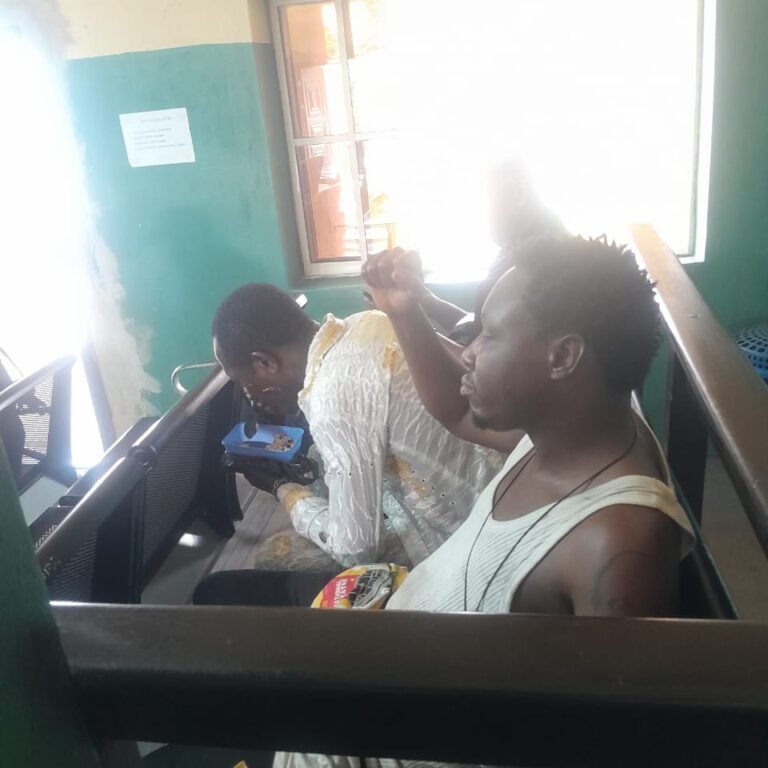
By Ameh Gabriel
In a major push to modernize journalism and tackle the scourge of misinformation, Chevron Nigeria Limited, in collaboration with the Nigerian Union of Journalists (NUJ), Federal Capital Territory (FCT) Council, has trained over 70 journalists on the application of Artificial Intelligence (AI) in media practice.
The intensive one-day workshop, held in Abuja under the theme “Harnessing Artificial Intelligence in Journalism,” was sponsored by the NNPCL-Chevron Nigeria Limited Joint Venture. It aimed to equip media professionals with cutting-edge AI tools to enhance journalistic accuracy, productivity, and credibility in an increasingly digital information landscape.
Delivering his remarks, Chevron’s General Manager, Policy, Government, and Public Affairs, Olusoga Oduselu represented by Mr. Victor Anyaegbudike described journalists as critical agents of societal change. He noted that the partnership with NUJ reflects Chevron’s ongoing commitment to capacity building as a foundation for national development.
“At Chevron, we believe that the prosperity of society directly influences our success. This is why we continuously invest in human capital, especially in the media,” Oduselu said. He also highlighted the company’s decade-long support through its AWARES program, which has trained over 120 journalists to date.
On the importance of embracing AI, Oduselu stressed that the technology is revolutionizing industries worldwide, and Nigerian journalists must be prepared to adapt in order to stay relevant and impactful.
NUJ FCT Chairperson, Comrade Grace Ike, lauded the initiative as a “timely and visionary” intervention in the evolving media landscape. She urged Nigerian journalists to see AI not as a threat, but as an enabler of smarter, faster, and more credible journalism.
“We are at a turning point in our profession,” she said. “AI tools now empower us to verify information swiftly, analyze vast data sets, create personalized content, and detect deepfakes. These capabilities are essential for preserving public trust and ensuring the integrity of journalism.”
She also commended Chevron’s consistency and foresight in supporting media empowerment, adding that the training would help reposition journalists to meet the demands of the digital age.
Key sessions at the workshop featured prominent media professionals and scholars.
Busola Ajibola, Deputy Director at the Centre for Journalism Innovation and Development, delivered a compelling presentation on the urgency of AI adoption in newsrooms.
“AI is not optional it’s a necessity,” Ajibola said. “It enhances efficiency, helps journalists stay competitive, and ensures their continued relevance in the digital media ecosystem.”
Dr. Emman Usman Shehu, Director of the International Institute of Journalism (IIJ), represented by Dr. Simon Musa Reef, emphasized the importance of the Freedom of Information Act (FOIA) as a tool for accountability. Citing a recent Supreme Court ruling that extends FOIA’s applicability to all tiers of government, he encouraged journalists to use the law boldly in pursuit of transparency.
Another highlight was a session on mental health by Dr. Lemmy Ughegbe, who spoke on the growing psychological challenges journalists face due to online harassment, misinformation overload, and 24-hour news cycles.
“Mental health is not a luxury it is a professional necessity,” Ughegbe warned. “When journalists suffer burnout or walk away, society loses valuable voices.”
Participants described the workshop as timely, transformative, and critical for navigating the challenges of modern journalism. The event concluded with the presentation of certificates to all attendees.
With AI rapidly transforming how news is gathered, processed, and disseminated, the Chevron-NUJ collaboration stands as a forward-thinking model for media innovation and resilience in Nigeria’s information space.






Enjoyed studying this, very good stuff, thankyou. “It is well to remember that the entire universe, with one trifling exception, is composed of others.” by John Andrew Holmes.
I’ve recently started a web site, the info you provide on this site has helped me greatly. Thanks for all of your time & work.
Spot on with this write-up, I really think this web site wants far more consideration. I’ll most likely be once more to read rather more, thanks for that info.